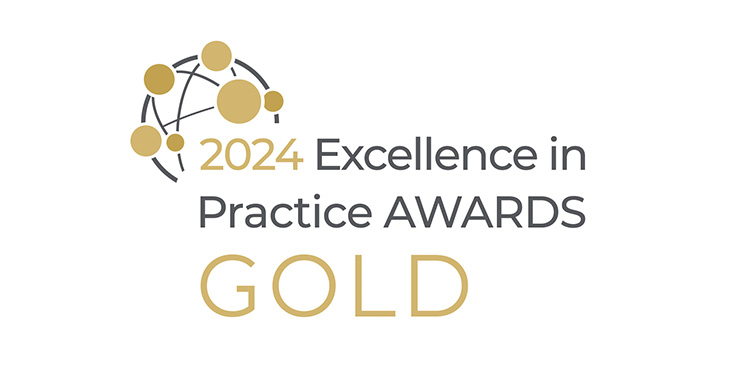

Jennifer Jordan
Professor of Leadership and Organizational Behavior
Named on Poets&Quants ‘Best 40 under 40’ list of leading business school professors (2019)
Nominated for Thinkers50 Radar list of management thinkers to watch in the year ahead (2019)
Jennifer Jordan is Professor of Leadership and Organizational Behavior. Her teaching, research, and consulting focus on influence, power, family business, women’s leadership, and leadership transitions. In 2019, she was named by Poets&Quants as one of the world’s leading business school professors under 40.
Jordan has received specialized training and certifications in lie and truthfulness detection, as well as in conflict resolution within organizations, and she has delivered custom programs and consultancy services for a wide range of companies, including Barilla, KONE, Shell, DSM, Cisco, Loomis, Pfizer, Bayer, Johnson & Johnson, Nestlé, Rolls Royce, Zurich Insurance, Honda, Nexthink, UBS, Siemens, Electrolux, and AIA Insurance. She has also worked with families through IMD’s Family Business Center in both custom and open programs.
Leaders in today’s society need to constantly learn, unlearn, and relearn. They know that they have to learn. The challenge is how to unlearn and relearn. In working with leaders, my aim is to facilitate that process.
Jordan has received specialized training and certifications in lie and truthfulness detection, as well as in conflict resolution within organizations, and she has delivered custom programs and consultancy services for a wide range of companies, including Barilla, KONE, Shell, DSM, Cisco, Loomis, Pfizer, Bayer, Johnson & Johnson, Nestlé, Rolls Royce, Zurich Insurance, Honda, Nexthink, UBS, Siemens, Electrolux, and AIA Insurance. She has also worked with families through IMD’s Family Business Center in both custom and open programs.
At IMD, she is Director of Leading Digital Execution, Women on Boards, Advanced Leadership, and Leadership Essentials open programs.
Her work has appeared in numerous scientific journals including Administrative Science Quarterly, Organizational Behavior and Human Decision Processes, the Journal of Management, Business Ethics Quarterly, the Journal of Business Ethics, Psychological Science, Personality and Social Psychology Bulletin, the Journal of Applied Social Psychology, and the Journal of Experimental Social Psychology. She is also a member of the editorial boards of both Leadership Quarterly and Organizational Behavior and Human Decision Processes.
When Poets&Quants included Jordan on its ‘Best 40 under 40’ list in 2019, it said her research was in such demand that she had been cited almost 1,500 times by other academics. She has also had several articles published in Harvard Business Review, and her work has been cited in mainstream publications, from The New York Times to Dutch newspaper De Volkskrant.
She co-edited one of the seminal scientific books on wisdom, Handbook of Wisdom: Psychological Perspectives, and was a contributor to the books Leadership at the Crossroads: Psychology and Leadership and The Handbook of Organizational and Managerial Wisdom.
Before joining IMD in 2016, Jordan was Associate Professor and Rosalind Franklin Fellow at the University of Groningen in the Netherlands and a post-doctoral fellow at the Kellogg School of Management and Tuck School of Business in the United States. She served as a visiting scholar at the Max Planck Institute for Human Development in Berlin during her doctoral research.






















